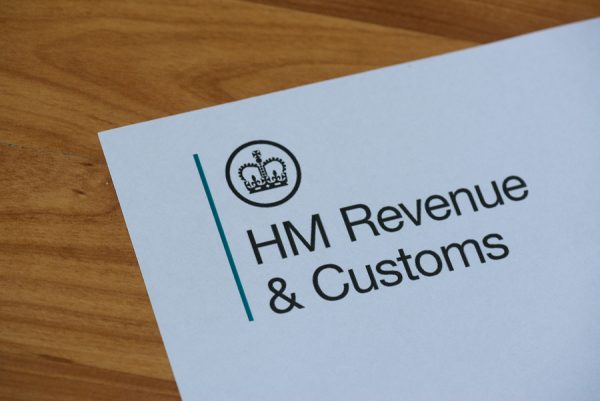
The Chartered Institute of Taxation (CIOT) has revealed that HMRC is issuing ‘nudge’ letters to cryptocurrency investors suspected of not paying the correct tax on their earnings.
In an extensive tax enforcement initiative, thousands of households are receiving these letters from HMRC.
The aim is to prompt individuals to settle any capital gains tax owed relating to the sale of crypto assets which includes bitcoin.
This enforcement specifically targets those who have profited from cryptocurrencies without reporting their gains.
HMRC is focusing more on gains from cryptocurrency because it recognises that many individuals are evading their tax obligations either intentionally or through a lack of understanding.
Recipients of these crypto nudge letters are strongly encouraged to respond, as ignoring them could result in fines and additional charges.
Gary Ashford, Chair of the CIOT’s Crypto Assets Working Group, said:
‘Many investors may be unaware that profits from crypto assets are subject to income tax or Capital Gains Tax (CGT) like any other asset, depending on how they’re held.
‘If you receive a ‘nudge letter’ from HMRC, it’s important to take it seriously. Even those who don’t receive a letter should review their crypto activity and file a tax return or use the capital gains real time transaction service if necessary.
‘Sometimes tax can be due even where the investor does not think his or her investments have been profitable. Selling, lending or ‘staking’ crypto assets – or potentially even just transferring assets between crypto sites and portfolios – will usually trigger a disposal in the tax year in question.’
Individuals who own crypto assets are usually required to report any income or profits exceeding the capital gains tax free threshold on a self assessment tax return.
Tax obligations may arise in the following situations:
- Receiving cryptoassets as part of employment or as a component of a trade.
- Engaging in activities related to cryptocurrencies that generate income.
- Selling or exchanging cryptoassets, which includes converting them into money, swapping one type of cryptoasset for another, using them for purchases, gifting them to someone else, or donating them to charitable organisations.
You can use HMRC’s guidance to find out more on how they tax people who own cryptocurrency (including bitcoin) or a crypto asset.
What should I do if I receive a crypto nudge letter from HMRC?
Anyone who receives a letter from HMRC should read it carefully and respond in full as requested by HMRC.
Paul Falvey, a tax partner at BDO said:
“Many owners of crypto assets may not be fully aware of their obligations and may not have filed a tax return before. They could well get a shock when this letter hits the doormat – but the worst thing they could do is to ignore it.
“To bring their tax position up to date, individuals may need to source reports from their financial advisers or online platforms. In certain circumstances, those affected would do well to seek specialist advice on the most appropriate disclosure facility to use.
“If additional tax is due then HMRC could charge late payment interest and impose tax-geared penalties. These penalties can be up to 100% of the tax due – or more if the holding was based offshore.”
For individuals who owe capital gains tax on the sale of a crypto asset or currency and are not already registered to complete a self assessment tax return can start the process by using the HMRC form SA1 which can be completed online.
In some cases you can declare and pay tax on your gains immediately by using the HMRC real time capital gains tax service which you can access via your government gateway account online.







